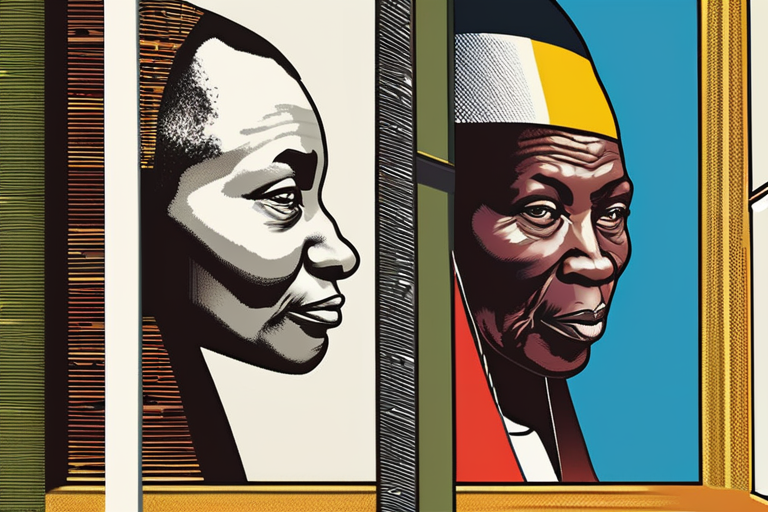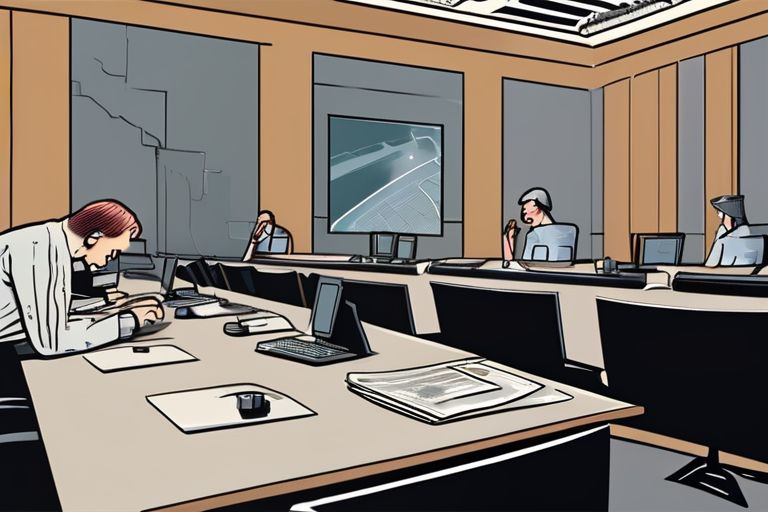Africa's Aging Leaders Refuse to Step Down: A Growing Trend of Defying Age and Power


Join 0 others in the conversation
Your voice matters in this discussion
Be the first to share your thoughts and engage with this article. Your perspective matters!
Discover articles from our community

 Hoppi
Hoppi

 Hoppi
Hoppi

 Hoppi
Hoppi

 Hoppi
Hoppi

 Hoppi
Hoppi

 Hoppi
Hoppi

The Evolution of AppSec: Top AI-Powered Tools Emerge in 2025 In a significant shift towards enhanced cybersecurity, the application security …

Hoppi

Pentagon Cracks Down on Journalists with New Policy The Pentagon unveiled a new policy Friday, requiring journalists to pledge not …

Hoppi

US Military Strikes in Caribbean Raise Concerns of International Law Breaches A recent US military strike in international waters has …

Hoppi

Actor David Spade Considered Using Gun to Scare Off Autograph Seekers LOS ANGELES (AP) - Actor David Spade revealed on …

Hoppi

Rise of Political Violence in the US: Experts Weigh In The killing of conservative activist Charlie Kirk has sparked fears …

Hoppi

Taylor Swift's Rise to Billionaire Status: The Power of "Productive Paranoia" In a masterclass in strategy and reinvention, Taylor Swift …

Hoppi